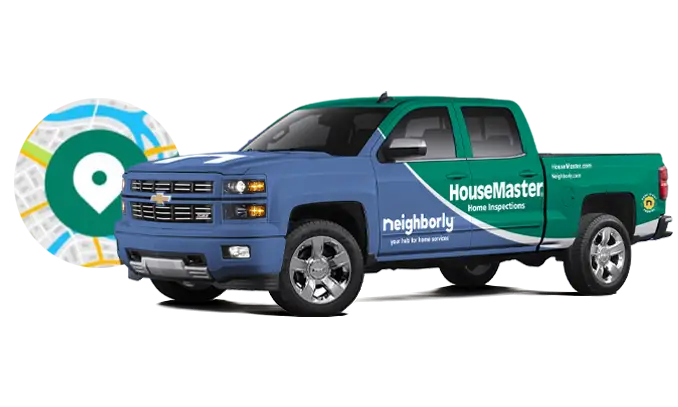Winter storms don’t always cause visible damage—but that doesn’t mean your roof is unaffected. Snow and ice place significant stress on roofing systems, often leading to hidden problems that worsen over time.
Learn moreHouseMaster® Blog
Resources for Real Estate Agents, Homebuyers, and Homeowners

Five Questions to ask Before Hiring a Home Inspector
All Blogs
January is the perfect time to reset—not just personal goals, but home priorities too. Smart home maintenance resolutions help prevent costly repairs, improve safety, and protect long-term value.
Learn moreMany homeowners assume inspections should wait for spring. In reality, winter can be one of the most revealing times to evaluate a home’s condition. Cold temperatures, snow, and heating demands expose performance issues that might otherwise remain hidden.
Learn moreWinter doesn’t just bring cold temperatures—it puts your home to the test. From freezing nights to fluctuating indoor heat, winter conditions often expose problems that stay hidden during warmer months. For homeowners, buyers, and sellers alike, cold weather can reveal critical issues that affect safety, comfort, and long-term costs. Understanding what winter uncovers can help you make smarter decisions—and avoid expensive surprises down the road.
Learn moreFifty years ago, only one in 50 homes were inspected before a sale. We have since seen a seismic shift in pre-sale inspections, with most buyers expecting one before
Learn moreWhen most people think of mold problems, they associate them with spring and summer rains. But winter can be just as risky, especially in homes that are closed up tightly for the cold season. While freezing temperatures might keep outdoor mold growth at bay, indoor environments become ideal breeding grounds for mold spores during the heating season.
Understanding why mold growth accelerates in winter and knowing how a mold inspection can help will go a long way in protecting your property and health.
Learn moreHouseMaster Blog Categories
Connect With Your Local HouseMaster
HouseMaster Blog Categories
About HouseMaster
